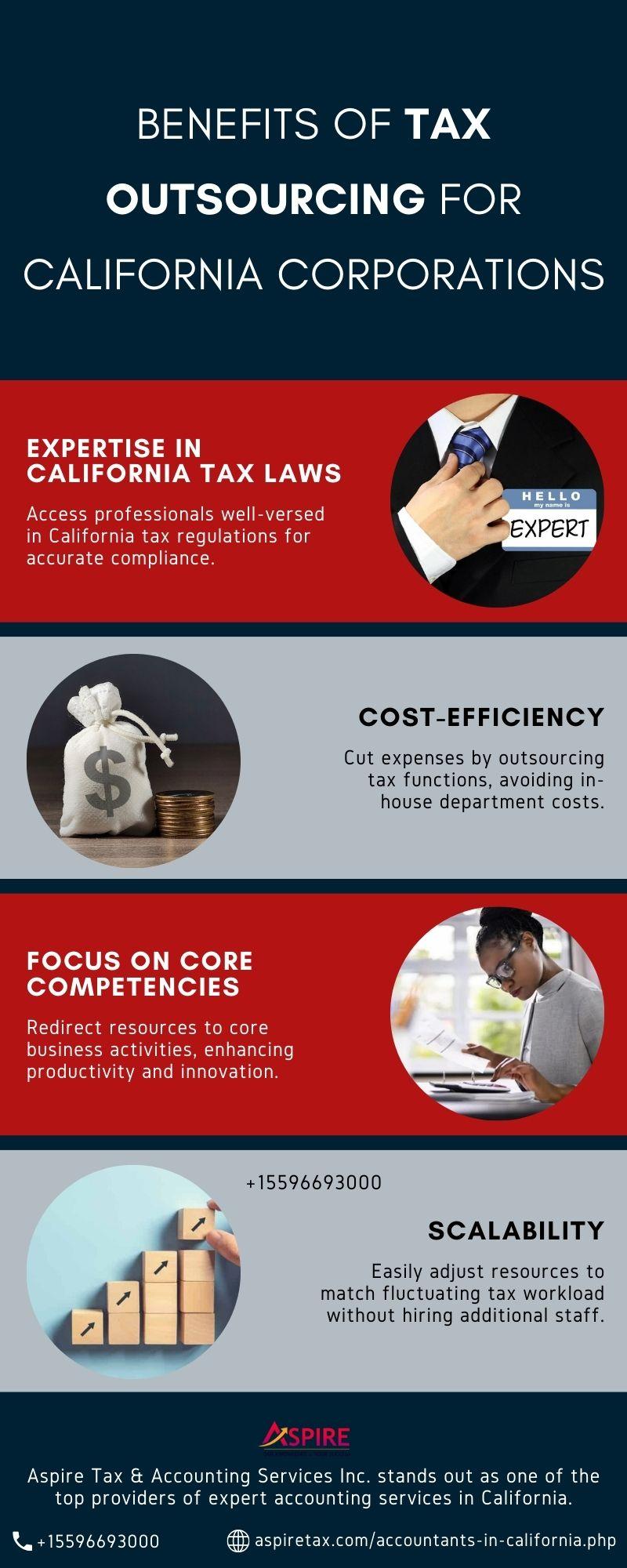In the sun-soaked state of Florida, where oranges glisten and waves gently kiss the shore, a vital lifeline exists for many families in need – food stamps. Navigating the realm of assistance programs can be a daunting task, but understanding the ins and outs of food stamps in Florida is essential for those seeking support. Let’s delve into the intricate web of resources available, shedding light on how these benefits play a crucial role in ensuring access to nutritious meals for countless individuals across the Sunshine State.
Table of Contents
- Navigating the Florida Food Stamps Program
- Eligibility Criteria for Food Stamps in Florida
- Maximizing Benefits: Tips for Efficiently Using Food Stamps
- Support Services and Resources for Florida Food Stamp Recipients
- Q&A
- Concluding Remarks


Navigating the Florida Food Stamps Program
can provide much-needed support for individuals and families facing financial challenges. Understanding the ins and outs of the program can make a significant impact on accessing essential resources. One key aspect to remember is eligibility criteria, which typically considers factors such as income level, household size, and expenses. Being aware of these requirements can streamline the application process and help individuals determine if they qualify for assistance.
Moreover, documentation plays a crucial role in the application process. Gathering necessary documents like proof of income, identification, and residency can expedite the evaluation of the application. Additionally, staying informed about renewal procedures is essential to ensure continuous support. By staying organized and informed, applicants can navigate the Florida Food Stamps Program effectively and access the assistance they need to meet their nutritional needs.
| Key Points: | Eligibility criteria |
|---|---|
| Documentation requirements | |
| Renewal procedures |


Eligibility Criteria for Food Stamps in Florida
To qualify for food stamps in Florida, applicants must meet specific eligibility criteria set by the state. Individuals and families seeking assistance must satisfy certain requirements to receive benefits. Here are some key points to consider when determining your eligibility:
- Income Limits: Applicants must meet income guidelines based on household size and income level.
- Resource Limits: There are limits on the amount of assets and resources a household can have to qualify for food stamps.
- Citizenship: Applicants must be U.S. citizens or eligible non-citizens to be considered for food stamp benefits.
Moreover, certain factors like employment status, medical expenses, and household composition can also impact eligibility for food stamps. It is essential to review the specific requirements in detail to determine if you qualify for assistance. For more detailed information, refer to the official Florida Department of Children and Families website or contact the local office for assistance. Remember, meeting all eligibility criteria is crucial to ensure you receive the support you need.
| Eligibility Criteria | Details |
|---|---|
| Income Limits | Income guidelines based on household size and income level. |
| Resource Limits | Limits on assets and resources for qualifying for food stamps. |
| Citizenship | Applicants must be U.S. citizens or eligible non-citizens. |


Maximizing Benefits: Tips for Efficiently Using Food Stamps
When it comes to making the most out of your food stamps in Florida, there are several tips and tricks to ensure you maximize the benefits to feed yourself and your family. **Planning your meals** in advance can help you stretch your budget further. Create a weekly menu that utilizes ingredients that are both affordable and nutritious, ensuring that you make the most out of every dollar spent.
Shopping smartly is key to efficient use of food stamps. Make a list before heading to the store and stick to it to avoid unnecessary purchases. Look out for sales and discounts to get more value for your money. Additionally, consider buying in bulk for items that have a longer shelf life to save money in the long run. By being mindful of what you purchase and how you plan your meals, you can make your food stamps go a long way in providing nourishing meals for you and your loved ones.
| Food Category | Recommended Items |
|---|---|
| Grains | Rice, Pasta, Oats |
| Proteins | Beans, Lentils, Eggs |
| Vegetables | Frozen Veggies, Canned Tomatoes |
| Fruits | Apples, Bananas, Oranges |


Support Services and Resources for Florida Food Stamp Recipients
In times of need, accessing support services and resources can make a significant difference for Florida Food Stamp recipients. The state offers a range of invaluable assistance programs designed to help individuals and families facing food insecurity. Whether you require guidance on eligibility criteria, application processes, or additional aid options, various avenues exist to support you on your journey to securing essential benefits.
When navigating the realm of food assistance, it’s essential to know your options and where to turn for help. From local community centers providing application assistance to online resources simplifying the process, a wealth of support awaits those in need. Organizations like Feeding Florida and the Florida Department of Children and Families are valuable resources offering valuable information, tools, and personalized assistance to ensure you receive the support you deserve. Remember, you are not alone, and help is available to empower you towards a more secure and nourished future.
Q&A
Q&A: Understanding Food Stamps in Florida
Q: What are food stamps in Florida and how do they work?
A: Food stamps in Florida, officially known as the Supplemental Nutrition Assistance Program (SNAP), are designed to help low-income individuals and families purchase food. Eligible recipients receive an Electronic Benefit Transfer (EBT) card, which works like a debit card to buy approved food items at authorized retailers.
Q: Who is eligible to receive food stamps in Florida?
A: Eligibility for food stamps in Florida is based on factors such as income, household size, and expenses. Individuals and families must meet certain income guidelines set by the state to qualify for benefits. Additionally, citizenship and residency requirements must be met.
Q: How can I apply for food stamps in Florida?
A: To apply for food stamps in Florida, you can fill out an online application through the Department of Children and Families website, visit a local DCF office, or request a paper application by calling the customer call center. The application process involves providing information about your household, income, expenses, and other relevant details.
Q: What can food stamps be used for in Florida?
A: Food stamps in Florida can be used to purchase a variety of food items for home consumption, including fruits, vegetables, meats, dairy products, and more. However, they cannot be used to buy non-food items such as alcohol, tobacco, vitamins, or hot prepared foods.
Q: How often do I need to recertify for food stamps in Florida?
A: Recertification for food stamps in Florida typically occurs every six months. Recipients are required to provide updated information about their circumstances to determine continued eligibility for the program. Failure to recertify on time may result in benefits being discontinued.
Q: Can college students receive food stamps in Florida?
A: College students in Florida may be eligible for food stamps if they meet certain criteria, including working a minimum number of hours per week, participating in a federal work-study program, caring for a dependent household member, or meeting other specific requirements. Each case is evaluated individually.
Q: Are there any resources available to help me understand and apply for food stamps in Florida?
A: Yes, the Department of Children and Families in Florida provides resources and support to help individuals navigate the food stamps application process. Additionally, local community organizations and food banks can offer assistance and guidance to those seeking to access SNAP benefits.
Concluding Remarks
In conclusion, navigating the world of food stamps in Florida can be a complex journey, but with the right information and resources, accessing this vital assistance can make a significant impact on individuals and families in need. Whether you’re looking to apply, renew, or understand the eligibility criteria, being informed is the first step towards a more secure and stable future. Remember, you are not alone in this process, and there are support systems in place to guide you through every step. Stay informed, stay empowered, and remember that access to nutritious food is a fundamental right for all. Thank you for joining us on this exploration of food stamps in Florida, and we hope this article has shed light on this important topic. Stay tuned for more insightful content to empower you on your journey to a better tomorrow.




0 Comments